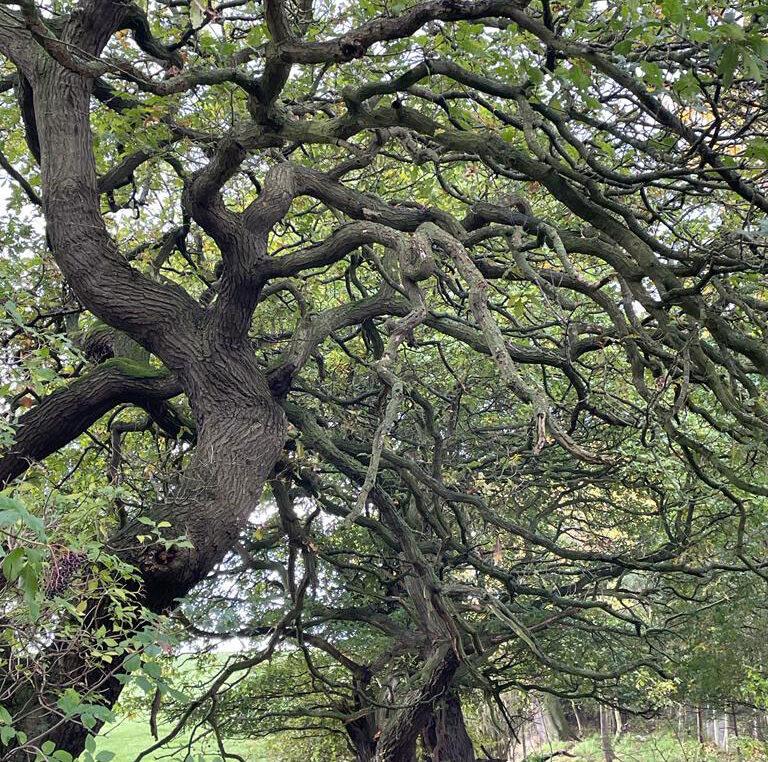 Academic and Clinical Seminars
Academic and Clinical Seminars
The theoretical seminars, which are shared by all trainees, last for three years. They include studying the work of all major psychoanalytic thinkers and practitioners, from Freud through Klein, Fairbairn, Winnicott and Bion to the present day.
The seminars also address assessment, clinical psychopathology, research and evaluation, neuro-psychoanalysis and other topics relevant to the practice of psychoanalytic psychotherapy. The clinical seminars begin in the second year and continue until qualification.
Infant Observation Seminars
During the first year of the course trainees are required to observe a new baby and mother in the family setting once a week for an hour. The observations are discussed at regular seminars.
Supervised Clinical Work
During the second year of the course, the trainee will normally begin the work with training cases under weekly supervision. Those training as psychoanalytic psychotherapists must see two patients during the training, two intensively at a frequency of three times a week (one for a minimum of two years, the other for a minimum of eighteen months) and one at a frequency of once a week for a minimum of one year.
Trainees will normally have one male and one female patient for their intensive cases and one male and one female supervisor approved by the Training Committee and chosen by the trainee. The supervision will continue until qualification or until the satisfactory ending of treatment, whichever comes first.
The once weekly case will be supervised weekly in a group.
Those training as psychodynamic psychotherapists will see two patients at a frequency of once or twice per week (one for a minimum of eighteen months, the other for a minimum of one year) with supervision in a group by a supervisor approved by the Training Committee. Trainees will normally have one male and one female patient.
Assessment & Qualification
Trainees are continuously assessed throughout the training by means of reports from supervisors and seminar leaders. They are required to write a paper on their infant observation in the first academic year, six-monthly reports on their training cases and a final report on their once-weekly case.
Each trainee is allocated a tutor, who usually meets with the trainee once per term and is the primary link between the training committee and the trainee.
When the trainee has satisfied all the course requirements and the Training Committee consider that he/she is ready to proceed to qualify, the Committee will give permission to write a reading-in paper. Once this paper has been accepted by the Committee and presented successfully to a panel of the Training Committee, the process of qualification is complete.
Qualification brings clinical membership of the Association and through this membership professional registration with the British Psychoanalytic Council. A Professional Committee elected by the clinical members of NEAPP aims to foster the continuing professional development of a high standard of psychotherapeutic practice by providing opportunities for members to meet, discuss and critically evaluate their work.
Time Commitment
The academic year starts in January and there are three twelve-week terms per year. Seminars normally take place on Tuesdays from 17:00 to 18:15 (theoretical seminars) and 18:30 to 19:45 (clinical seminars) at Claremont House in Newcastle. From time to time two or three Tuesday seminars may be replaced by equivalent seminars on a Saturday. These and the infant observation seminars may take place in York or Leeds.
First Year
Theoretical seminars and the infant observation and seminars
Second Year
Theoretical and clinical seminars. Two training cases with supervision.
Third Year
Theoretical and clinical seminars. Two training cases (and a third case for psychoanalytic psychotherapy trainees) with supervision.
Continuing Years
Training cases with supervision and clinical seminars.